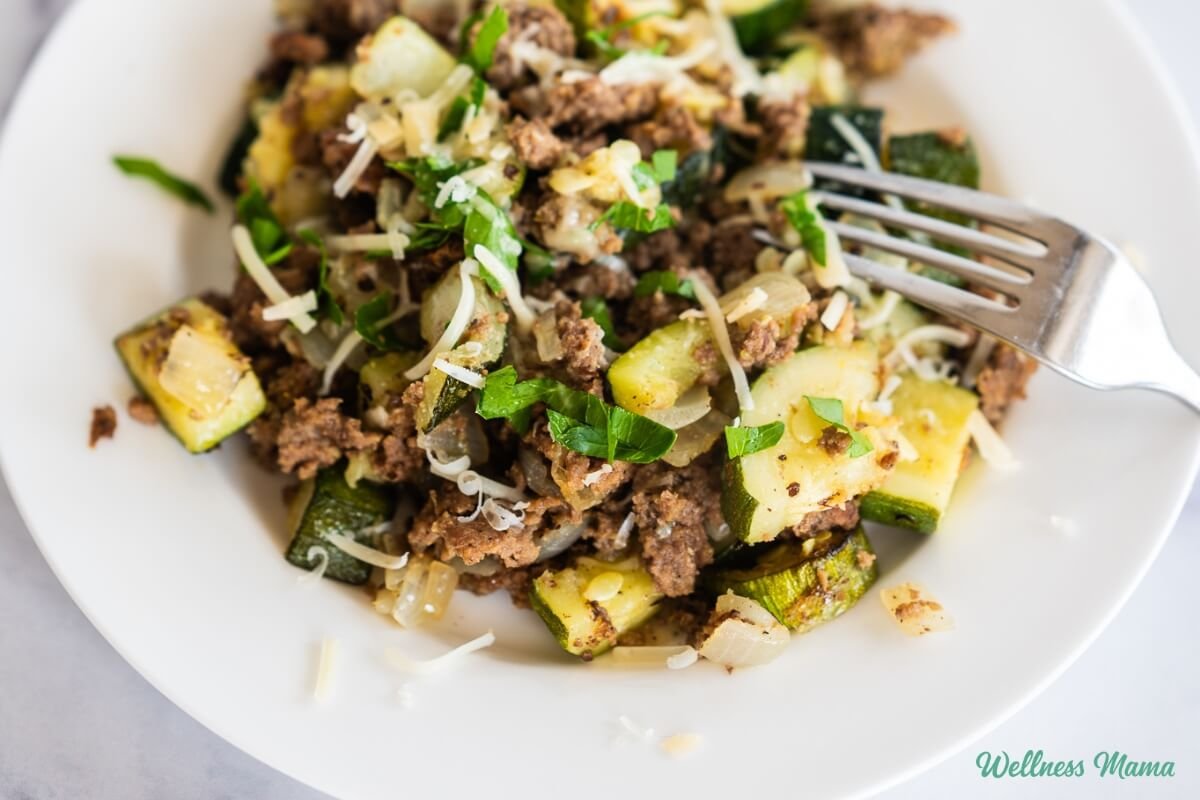Unsweetened coconut milk is a highly nutritious milk alternative that I frequently use at home. While almond and oat milks are suitable for some dishes, coconut milk offers a richer creaminess and typically contains fewer ingredients in its commercial versions. This creaminess makes coconut milk a great substitute for dairy products like half-and-half and whipped cream.
Understanding Coconut Milk
Coconut milk is created by blending the flesh of a mature coconut with water. This is usually done using the brown, hairy coconuts available at grocery stores. The blended mixture is then filtered, resulting in a thick, creamy liquid with a natural coconut flavor.
There are numerous coconut products available today, including coconut cream, coconut oil, coconut water, coconut flour, coconut sugar, and coconut aminos.
All of these products originate from coconuts but vary in how they are processed, their taste, uses, nutritional profiles, and health benefits.
Health Benefits of Coconut Milk
What benefits does coconut milk offer for your body? Coconut milk is abundant in healthy fats, minerals, and other essential nutrients. It’s low in carbohydrates, making it an excellent choice for those on low-carb or ketogenic diets.
Magnesium, iron, phosphorus, potassium, and zinc are the primary minerals found in coconut milk. It offers a moderate amount of magnesium and about 3-4 mg of iron per serving.
Phosphorus is crucial for maintaining bone health and producing energy. A cup of coconut milk provides approximately 60 mg of phosphorus. Additionally, coconut milk contains potassium, an important electrolyte for managing blood pressure. One cup has about 600 mg of potassium, nearly as much as a banana.
However, coconut milk isn’t a significant source of calcium, vitamin A, or vitamin D, which is why some brands fortify their products with these nutrients. This is why they might appear on the nutrition labels of some commercially available coconut milks.
Potential to Reduce Inflammation
The fatty acids in coconut milk may contribute to reducing inflammation. Lauric acid, a medium chain triglyceride (MCT) found in coconut milk, acts as an antioxidant. Scientific studies suggest that lauric acid may reduce inflammatory chemicals in the body.
Coconut milk contains small amounts of antioxidant nutrients such as vitamin C, vitamin E, and selenium. Despite their low quantities, these antioxidants can have significant anti-inflammatory benefits.
Chronic inflammation is implicated in many health issues, such as heart disease, arthritis, and autoimmune disorders. Incorporating coconut products into an anti-inflammatory diet may be beneficial.
Immune System Support
Coconut milk may bolster the immune system and aid in fighting infections. Lauric acid in coconut milk has antimicrobial properties and is transformed into monolaurin, which combats harmful bacteria, viruses, and fungi.
Since lauric acid is a fatty acid, coconut oil contains even more of it.
Brain Health Benefits
The MCTs in coconut milk can provide a quick energy source for the brain, which typically uses glucose as its primary fuel. In the absence of carbohydrates, MCTs offer an alternative energy source. The brain responds well to ketones, and some individuals report improved focus and cognitive function. Renowned neurologist Dr. Dale Bredesen uses MCTs to support individuals with Alzheimer’s disease.
Digestive Benefits
Coconut milk contains dietary fiber, which can aid digestion and help prevent constipation. It may also promote gut health by fostering the growth of beneficial bacteria in the digestive tract. The fats present in coconut milk are more easily digestible for some people, especially those who are lactose intolerant, since it is a dairy-free option.
Cholesterol and Heart Health Concerns
Coconut milk is high in saturated fats, leading to mainstream beliefs that these fats raise LDL "bad" cholesterol levels. Personally, I’m not overly concerned about saturated fats and do not think they necessarily lead to unhealthy cholesterol levels when consumed as part of a whole foods diet.
Cardiovascular issues often relate more to inflammation and high blood sugar levels. Coconut milk contains a special type of saturated fat called lauric acid.
Lauric acid is believed to increase both LDL and HDL or "good" cholesterol. The rise in HDL may help offset increases in LDL. Essentially, cholesterol is neither good nor bad; it’s a crucial substance that the liver produces as needed.
Is Coconut Milk Fattening?
Coconut milk is relatively high in calories, especially the full-fat versions. A single cup of canned coconut milk typically contains about 400-450 calories. However, the MCTs found in coconut milk are less likely to be stored as fat, and studies suggest they may actually aid in weight loss by reducing appetite and enhancing fat burning.
For those mindful of weight management, using smaller quantities is advisable. Adding a few tablespoons to coffee or smoothies provides flavor and creaminess without greatly increasing caloric intake.
Light coconut milk, often located beside full-fat versions, is lower in calories due to dilution with water. To reduce calories, one might add more water to regular coconut milk.
It’s essential to opt for unsweetened coconut milk, as many brands add sugar, making it more likely to contribute to weight gain. Combining sweeteners with fats can quickly lead to gaining weight.
Easy Ways to Incorporate Coconut Milk into Your Diet
There are many delicious, simple ways to include coconut milk in your diet. Here are some ideas and personal favorites:
Beverages
Soups
Curries
Desserts
Additionally, there are many other recipes involving coconut milk. With so many options, you may wonder if it’s possible to overuse it.
Is It Safe to Consume Coconut Milk Daily?
Overindulgence in coconut milk could potentially lead to undesired weight gain. Consuming substantial amounts, especially in combination with other high-fat foods, could increase the risk of obesity over time.
According to the FDA, coconuts are classified as "tree nuts." Therefore, individuals with tree nut allergies, such as those to cashews, walnuts, or almonds, should exercise caution with coconut milk.
Although technically coconuts are fruits, some individuals with tree nut allergies experience reactions to coconut. This may be due to cross-reactivity, where the immune system becomes overly sensitive, or it could be from cross-contamination in processing facilities. Regardless, it’s wise to be cautious.
A compromised gut can also increase the likelihood of developing a coconut allergy, but this is common with various foods.
Final Thoughts on Coconut Milk
Coconut milk is one of my favorite non-dairy milks. I find that buying it in its full-fat form offers versatility. For dessert toppings, I often drain off the water and whip the remaining portion like heavy cream. When a diluted version is needed, I simply add more water and blend until smooth. Given its nutritional benefits, coconut milk is a staple item I always have in my pantry.
Do you use coconut milk at home? What are your favorite uses for it? Share your thoughts!

















Leave a Reply